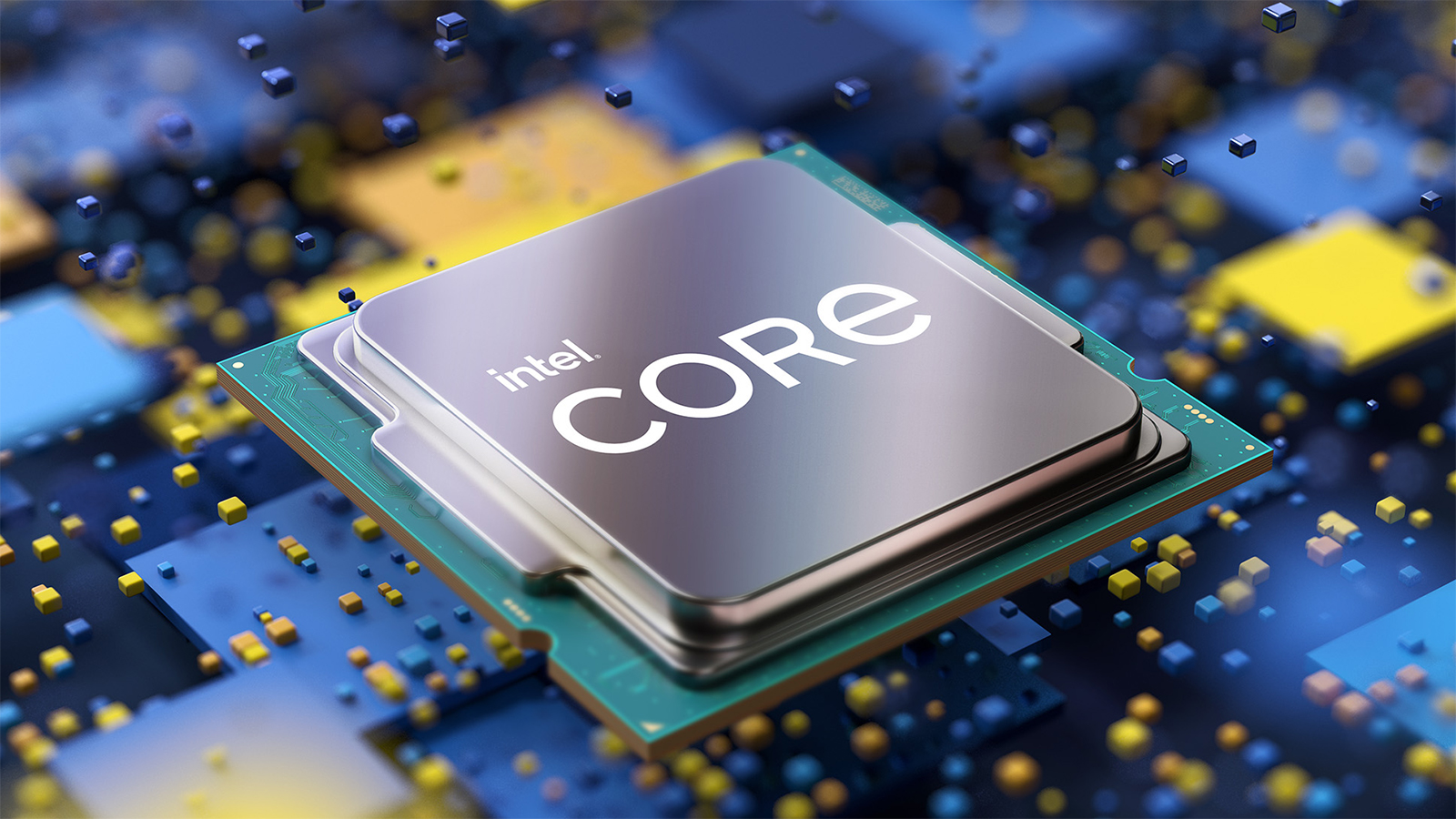Here’s how Intel plans to beat future chip shortages
With a little – or indeed a fair chunk – of help from governments

Intel has huge plans underway to ramp up its manufacturing capabilities in the US and Europe, and will be spending big on these respective ventures, although governments will be contributing hefty amounts of funding towards Team Blue’s cause, it has emerged.
This is all part of Intel’s strategy to move away from the high level of dependence on the APAC (Asia Pacific) region for chip manufacturing, and thus ensure a more resilient and robust supply chain, guarding against the kind of component shortages which have been wreaking havoc since the start of the pandemic.
Intel revealed back in January that a new cutting-edge chipmaking campus in Ohio, US, will be built at the initial cost of $20 billion, with a chunk of that delivered via state funding – some $2.1 billion in various incentives, as Tom’s Hardware reports – plus further money is to come from federal government. In total, this means a “significant portion” of the $20 billion investment will come from the government.
In Europe, this is even more the case, as the report makes clear that of the $18.7 billion which the new fab in Germany (Magdeburg) will run to, the state is set to stump up $5.5 billion, Bloomberg asserts (nearly 30% of the total expenditure).
That German-based project is part of an $88 billion drive in Europe happening over the next decade with Intel’s intention being to usher in a “next-generation chip ecosystem” no less.
Analysis: Big moves need big backing to keep up with rivals
Intel had already signaled its intent to get government subsidies in order to push ahead with these major chipmaking expansion plans, of course, and so this is exactly what is happening. The news has certainly calmed the fears of investors who were concerned about exactly how much of the bills for these big multi-billion dollar ventures Intel would have to foot, with Team Blue’s share price ticking up nicely after these revelations.
Intel’s CEO Pat Gelsinger has indicated that government funding is vital for this overhauling of manufacturing capacity in the US and Europe, and as Reuters informs us, he’s set to testify to the US Senate Commerce Committee next week to further make the case for such chunky subsidies (alongside the CEO of Micron, Sanjay Mehrotra).
Are you a pro? Subscribe to our newsletter
Sign up to the TechRadar Pro newsletter to get all the top news, opinion, features and guidance your business needs to succeed!
Part of the argument is doubtless wrapped up in the fact that Asian rivals like TSMC and Samsung also receive considerable financial support or incentives to help drive them forward, and so Intel should get the same favors.
As for consumers, all this is good news in that it puts these projects on a more stable footing, solidifying these foundations pertaining to the overall goal of lessening dependence on a single region (APAC) to make the supply chain a lot stronger in the face of any potential future disruption.
The component shortage which has been a hallmark of the pandemic has made its presence felt in a number of key areas, from quantities of consoles to the stock levels of various PC components, especially graphics cards. Intel pushing forward to develop its manufacturing capacity helps guard against future CPU and GPU wobbles in supply (of course, Intel is about to launch its own graphics cards, which will be a very welcome relief for GPU hunters in itself).
- These are the best workstations and best mobile workstations on the market
Darren is a freelancer writing news and features for TechRadar (and occasionally T3) across a broad range of computing topics including CPUs, GPUs, various other hardware, VPNs, antivirus and more. He has written about tech for the best part of three decades, and writes books in his spare time (his debut novel - 'I Know What You Did Last Supper' - was published by Hachette UK in 2013).